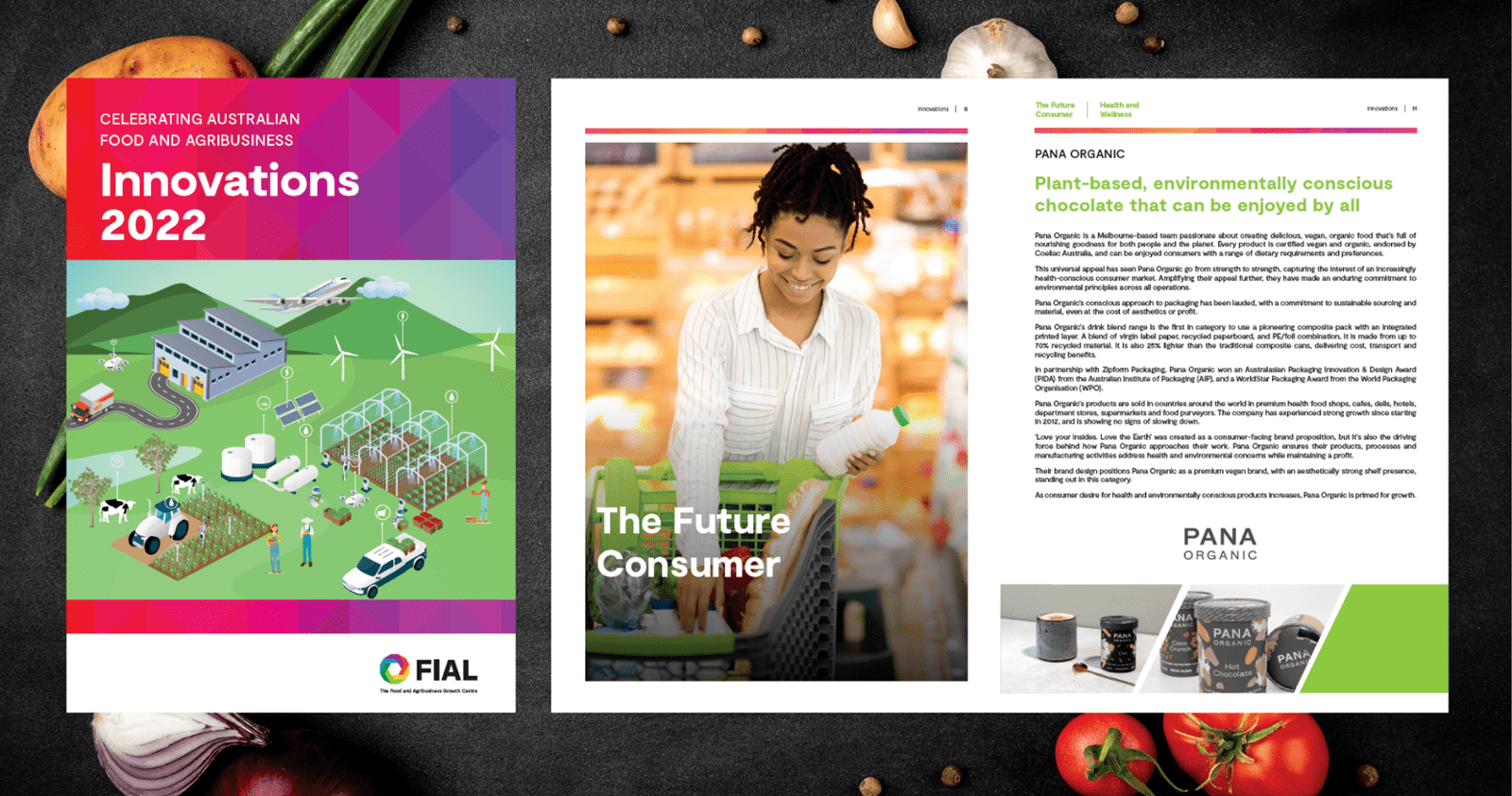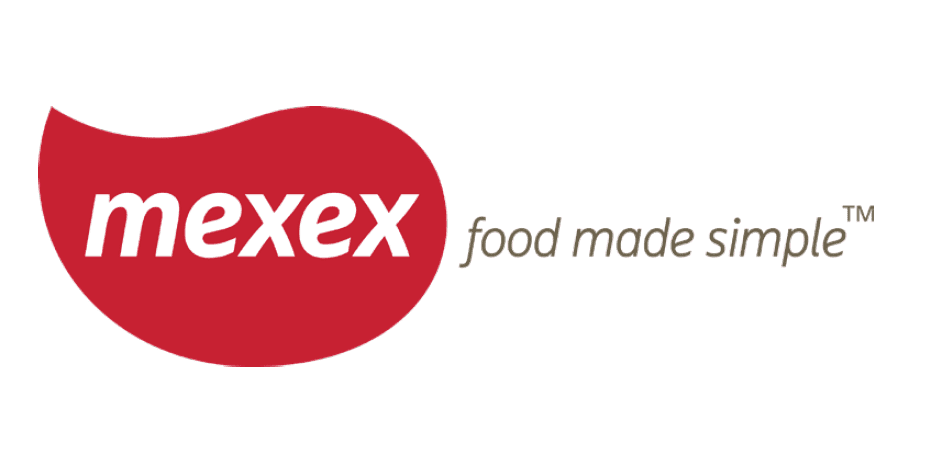Capturing the Prize: the A$200 billion opportunity for Australia's food and agribusiness sector/ Food Security and Sustainability / Food fraud and safety
Utilising the rise of consumer interest in food security, traceability and provenance, through agile, responsive and fit-for-purpose systems to reduce food fraud or increase supply chain transparency, food safety testing and biological hazard control.
Mexex is a food manufacturer that specialises in Aseptic and Hot Fill processing of dairy and vegetable-based products. Examples include long life, additive/preservative-free, and low-acid cheese sauces, vegetable purees and baby food.
With the ability to process most liquid products safely and securely, Mexex offers a large variety of products and processing capabilities to service manufacturers, fast food restaurants, and brands.
It was the first in Australia to develop and launch a hot-filled bulk bag cheese sauce and then buy the first Aseptic HFFS pouch line – one of only eight worldwide. The technology is an economical and safe way to pack products, making a bag from roll stock, filling, sterilising and sealing in one hit. It allows pack sizes from 50 to 500g in four or five different formats.
Having the capability to provide customers with cleaner, better tasting, and safer liquid products in shelf-stable formats has transformed their business. Producers across Australia have flocked to Mexex, as there is nowhere else in the country that can process and pack products in this way.
It has also been widely recognised for its contribution to the food industry nationwide. This multi-million-dollar business develops more than 100 new products annually for brands across Australia, which are then sold worldwide.
Collaboration with others has been key to the compnay’s success. Its long-lasting membership of Food South Australia has been instrumental in helping connect Mexex with expert advice, customers and markets, to boost business growth.
Fostering a mentality of cooperation between local companies – many of whom could be considered direct competitors – Mexex also values the open sharing of knowledge and resources.
This case study is from FIAL's 2022 edition of Celebrating Australian Food and Agribusiness Innovations 2022



